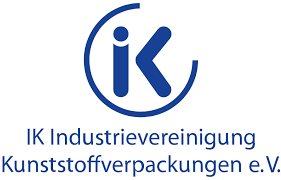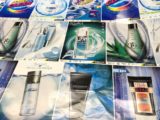
“Bans do not solve the marine litter problem”
May 30, 2018The IK Industrievereinigung Kunststoffverpackungen e. V. (German Association for Plastics Packaging and Films) rejects the proposed ban on selected plastic products announced by the EU Commission. “With its far-reaching Plastics Strategy, announced at the start of the year, the EU Commission obliged all stakeholders in the value creation chain to share responsibility for sustainable recovery and reuse, thereby raising the bar considerably,” IK Managing Director Dr Jürgen Bruder explains. “Bans on individual products completely overturn this holistic approach, which our industry wholeheartedly supports. Instead of truly sustainable collection and recovery solutions, resource efficiency and raising customer awareness of sustainable consumption and environmentally responsible handling of unavoidable waste, we are now seeing unnecessary political gesturing.”
When it is a question of raising people’s awareness for the careful use of various resources and changing their behaviour in the long term, bans are hardly the right option. They do not bring about a genuine understanding of sustainable consumption and environmentally conscious behaviour. “It’s really a question of how we want to live and consume,” Dr Bruder adds. “If it has become a widespread trend to eat and drink when we’re out and about, we should be reinforcing the sustainable solutions already on offer for this – without discriminating against certain materials right from the start.” After all, such bans can also lead people to fall back on materials which are ultimately even more harmful in ecological terms.” Life cycle assessment targets or also specific functional or use-related aspects, for example relating to the assessment of disposable crockery, are being ignored altogether. Take the following example disposable crockery at major events. This is where plastic plates and cutlery provide real added value with regard to functionality, safety and hygiene. And afterwards they are collected and recovered. Why should such applications be prohibited The IK expects awareness-raising and also the labelling of products regarding to their environmentally friendly disposal to have a more lasting effect – as proposed in draft legislation for an array of products – from beverage cups and fast food packaging to sanitary products. “In our opinion, prohibiting individual products is wholly disproportionate.” According to Dr Bruder, legislative bodies should rather pay more attention to the general conditions for recovery and reuse. Ultimately, littering should be sanctioned more punitively in general.

